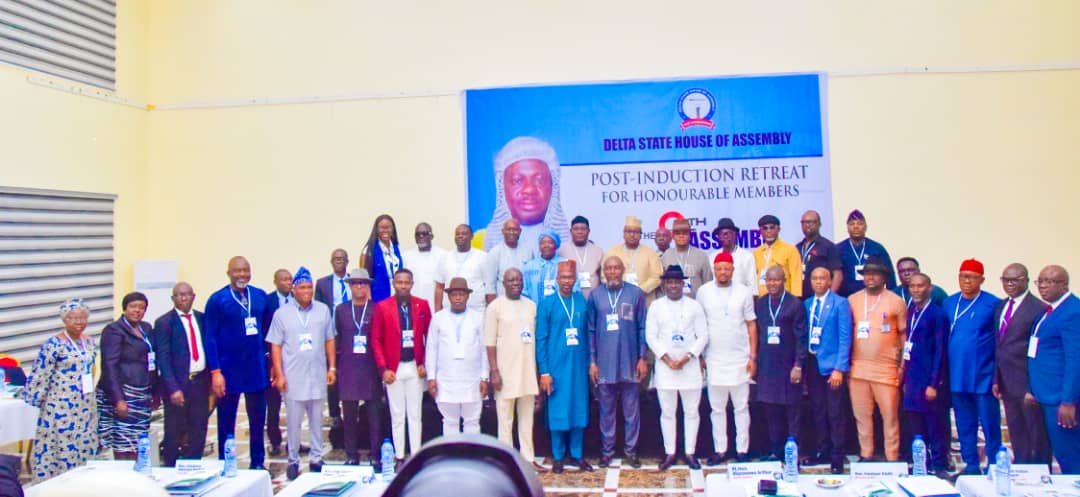Members of the Delta State House of Assembly have embarked on a six-week recess aimed at enhancing constituency engagement and strengthening legislative input. The House is expected to resume on Tuesday, September 2, 2025.
Speaker of the House, Rt. Hon. Emomotimi Dennis Guwor, who announced the break during plenary, said the period would allow lawmakers to return to their constituencies, consult with the people, and gather feedback that would inform legislative decisions when the House resumes.
Guwor emphasized that the break was not just a statutory annual recess, but an opportunity for lawmakers to deepen their connection with the electorate, understand their concerns firsthand, and translate those insights into relevant policies and laws. He urged members to make the most of the period by actively engaging their communities.
The recess follows a period of significant legislative activity, including the passage of several key bills recently signed into law by Governor Sheriff Oborevwori. These laws addressed issues across sectors such as electricity reform, child rights, urban renewal, health, and governance.
Read also:
- Insecurity: Delta Assembly passes State Community Security Corps Bill
- Delta Assembly intensifies legislative efforts on security, open grazing
- Security agencies frustrating enforcing ban on open grazing, says Delta assembly
This year’s recess is the first since the entire House transitioned to the All Progressives Congress (APC), following the defection of 22 former PDP members, including the Speaker. The political realignment is expected to influence both legislative priorities and relationships with the executive.
When the Assembly reconvenes in September, it is expected that lawmakers will present motions and bills informed by grassroots consultations, with a focus on accountability, public service delivery, and improved governance outcomes.
The break comes at a crucial time for lawmakers to assess the impact of these laws and gather data on implementation gaps, particularly in light of ongoing state development initiatives. It also offers an avenue for legislators to evaluate local needs that may not yet be reflected in state policies.






